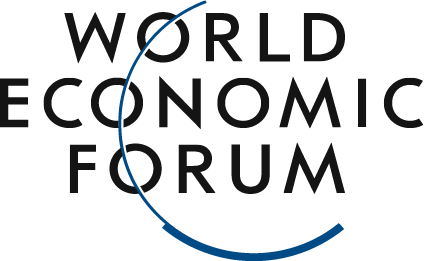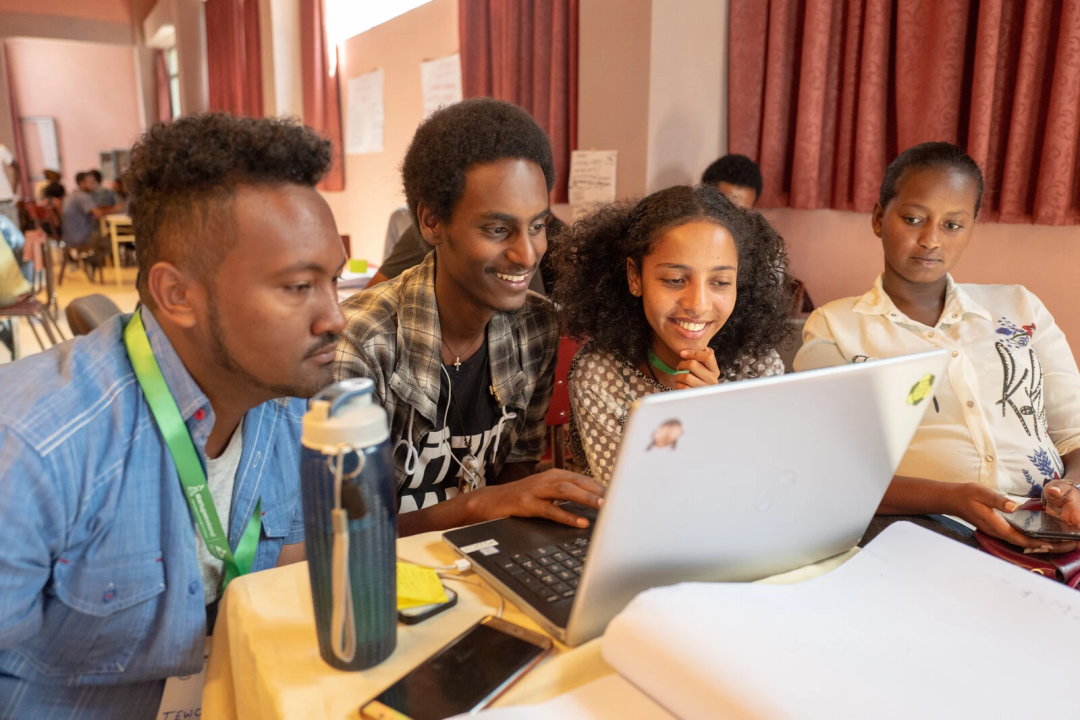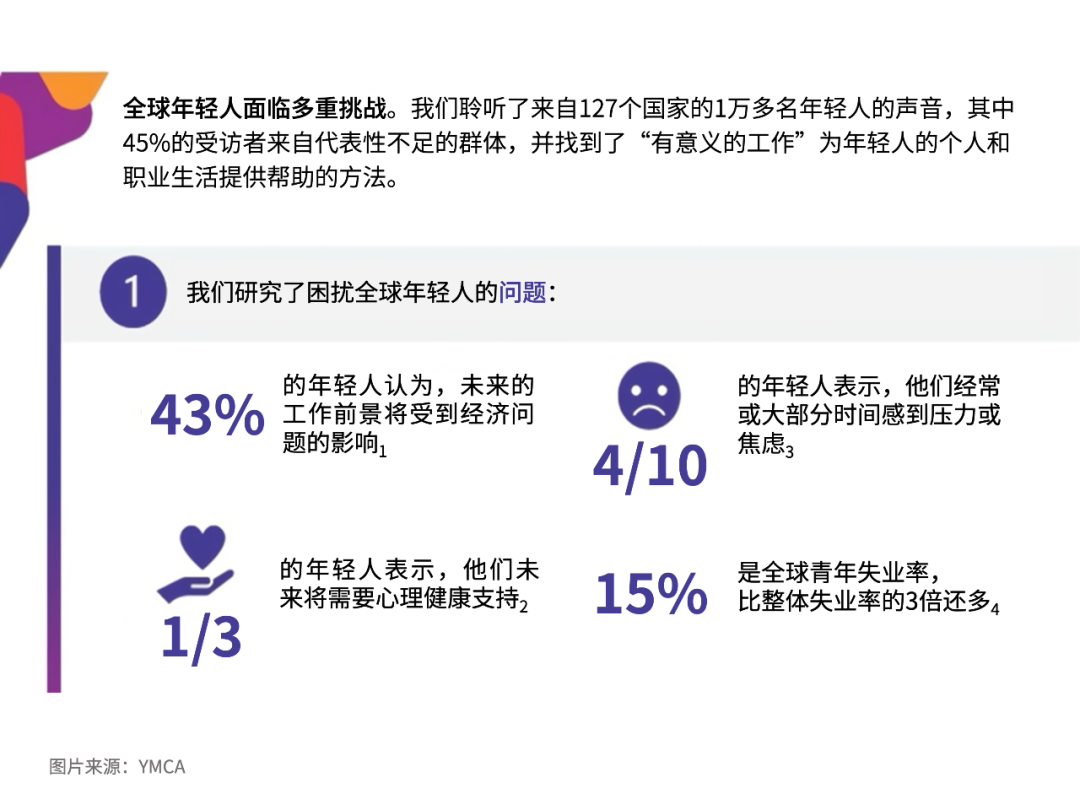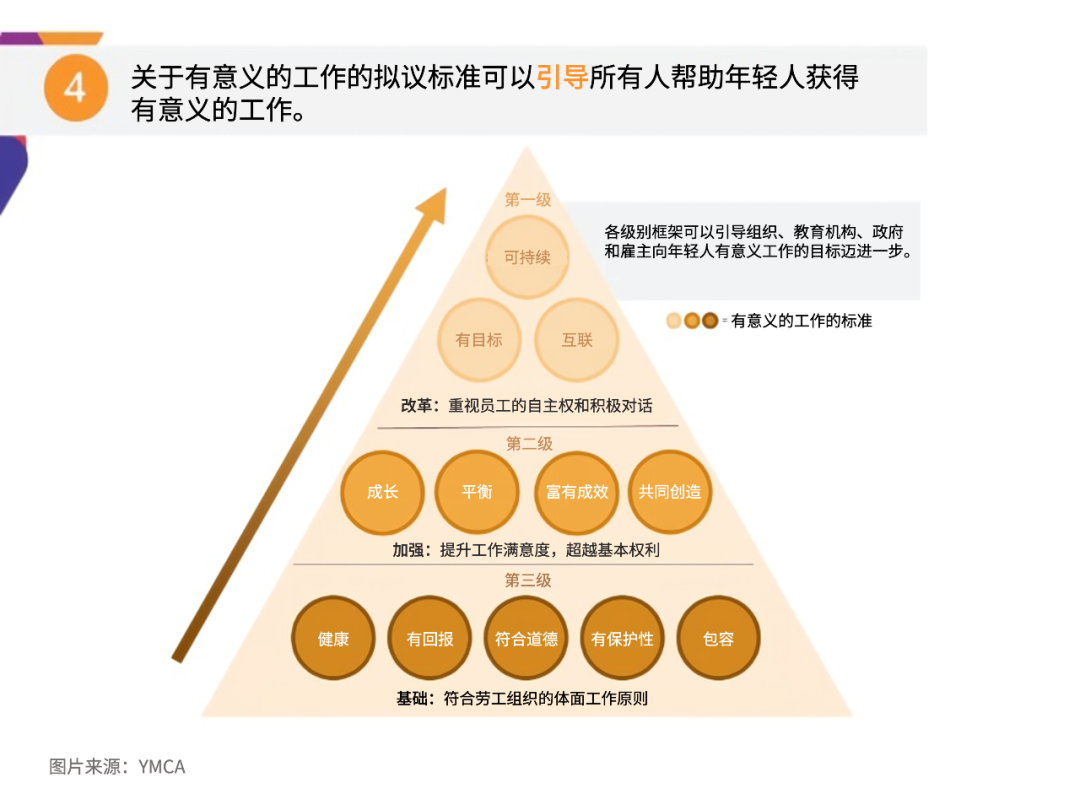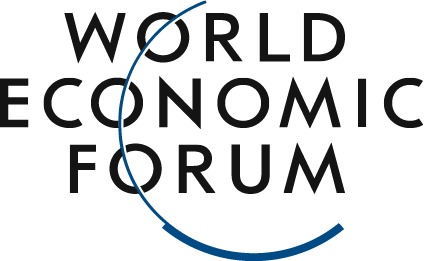Young people’s jobs and well-being continue to be affected by the pandemic, conflicts, climate change, and the rising cost of living.
Image source: Jürg Stuker/Flickr
Carlos Sanvee
Secretary-General of the World YMCA
Young people want to pursue "meaningful work" that is both fulfilling, rewarding, and impactful.
Meaningful work not only offers fair compensation and benefits but also gives people a sense of purpose, fosters opportunities for growth, and helps achieve a healthy work-life balance.
However, a recent survey reveals that young people’s jobs and well-being continue to be affected by the COVID-19 pandemic, conflicts, climate change, and the rising cost of living.
One in every five young people worldwide is neither working, studying, nor participating in training.According to data from the International Labour Organization (ILO), if investments aren’t made to create learning and job opportunities for young people, global economic losses could reach as high as $83 trillion by 2030.The flower of young people's hope is being choked by the weeds of despair.At the end of 2023, the YMCA partnered with Deloitte Australia and ServiceNow to launch a global survey led by young people and designed specifically for them. The survey gathered insights from more than 10,000 individuals aged 18 to 35 across over 120 countries worldwide, with 45% of respondents coming from underrepresented groups.Data from Deloitte-YMCA research on meaningful work for young people, as well as figures from the OECD and the International Labour Organization.
Image source:YMCA
Research shows that 40% of young people lack the appropriate skills, qualifications, or experience needed to enter the workforce or start their own businesses.It is widely known that the skills required in the workplace often don’t align with the skills actually being developed—especially as the job market continues to evolve at a rapid pace. According to the World Economic Forum, nearly half of "core skills" are expected to shift within the next five years.A notable feature of this study is the consistency of its global findings. Respondents indicated that the biggest gap lies in digital skills. Dell’s parallel research revealed that only 44% of young people have received "very basic" digital skills training, while 12% haven’t had any relevant training at all.We also learned that 30% of young people are constrained by unfavorable social and economic conditions in their countries, while another 30% lack access to the adequate support needed to enter the workforce or start their own businesses.The survey findings reveal that young people’s jobs and well-being continue to be affected by the COVID-19 pandemic, conflicts, climate change, and the rising cost of living.Research clearly shows that current approaches and strategies for tackling youth unemployment are still inadequate, failing to meet young people's needs and limiting their ability to unlock their full potential.Perhaps most importantly, this study reveals that young people are eager to pursue "meaningful work." Meaningful jobs offer stability, deliver rich and growth-oriented experiences, help individuals develop skills and improve their career prospects, while also fostering a sense of purpose and enabling them to make a broader impact on society.So, how should we address the challenges young people face in terms of employment, underemployment, or unemployment? First, we need to clearly define, promote, and recognize the types of jobs young people want to pursue.According to our research, meaningful work is "work that is purposeful, fulfilling, and positively impacts the development and well-being of young people and their communities." Respondents also shared examples of meaningful work in practice. We have summarized 12 key criteria for meaningful work, intended as a resource for the International Labour Organization and other global partners.The key elements of decent work are: healthy, rewarding, ethical, protective, inclusive, growth-promoting, co-creative, balanced, productive, sustainable, purpose-driven, and interconnected.12 Criteria for Meaningful Work
Image source:YMCA
Young people say authorities have left them feeling disappointed. Educational institutions, employers, businesses, governments, civil society organizations, and communities should mount a systematic and coordinated response to help young people find, prepare for, and secure meaningful employment opportunities.Everyone should take action. Governments can align their efforts around 12 key criteria to engage young people in shaping future policy decisions and helping them make their voices heard. Employers can apply these same standards throughout recruitment, building employee trust, motivating teams, retaining talent, and fostering training and development opportunities. Meanwhile, young people themselves can use these criteria to map out their career paths. Now, it’s time to put these 12 standards to the test in real-world work environments.The employment challenges faced by millions of young people not only affect their own well-being but also hinder future economic growth.Meaningful work not only offers fair compensation and benefits but also gives people a sense of purpose, fosters opportunities for growth, and helps achieve a healthy work-life balance. This benefits both employees and employers.Over the next decade, around 1.1 billion young people from the Global South alone will enter the labor market. That’s why meaningful work is crucial.As one of the world's largest employers of young people, the YMCA—boasting 90,000 employees and 920,000 volunteers—is already keeping a close eye on this issue. Global policymakers should also pay attention to it.
The above content solely represents the author's personal views.This article is translated from the World Economic Forum's Agenda blog; the Chinese version is for reference purposes only.Feel free to share this on WeChat Moments; please leave a comment below the post if you’d like to republish.
Translated by: Di Chenjing | Edited by: Wang Can
The World Economic Forum is an independent and neutral platform dedicated to bringing together diverse perspectives to discuss critical global, regional, and industry-specific issues.
Follow us on Weibo, WeChat Video Accounts, Douyin, and Xiaohongshu!
"World Economic Forum"
